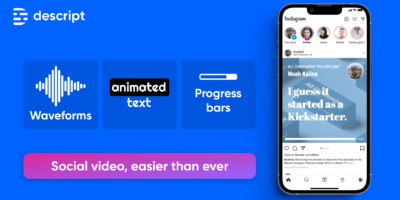Cyber criminals are always looking for ways to exploit technology in order to gain access to personal information that they can later sell on the black market. Ransomware attacks are becoming increasingly common. This involves a criminal taking over control of a person’s desktop, laptop, tablet or smartphone and demanding money in exchange for allowing the person to get their valuable files back. Android has a history of various security vulnerabilities that have been routinely exploited by hackers for as long as the devices have been in existence. However, the tricks that hackers are using to get your personal info are becoming more sophisticated and harder to detect.
Researchers have recently discovered a new type of attack that is being used exclusively on Android devices. They are referring to it as the “toast overlay” attack. Malware is installed on a person’s Android device without their knowledge. This happens when they install an app that already has the malware loaded onto it. The malware will then place certain images onto the screen of the Android device. The goal of the malware is to trick the user into giving control of his or her device to the hacker. This is done by using these images to make people think they are clicking on a specific command for an app. In reality, they are actually handing over admin privileges to the hacker.
Apps that are available in the Google Play store are put through a rigorous series of security screenings. This makes sure there is no malware in the app before it is made available to the public. However, hackers are now exploiting an accessibility feature for seeing impaired people that allows the malware to be in apps that come from locations other than the Google Play store.
All versions of Android except the new Oreo operating system can be infiltrated by the toast attacks. Google has already released a patch to repair the vulnerability. It is recommended that all Android users not using Oreo should download the patch and install it immediately. People should also avoid installing any apps that did not come from the Google Play store. You can never really be sure that an app does not contain malware if it comes from an outside source. You do not want to put yourself in a situation where you can no longer access your device because a hacker has taken control of it.


